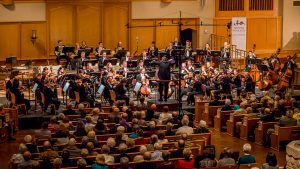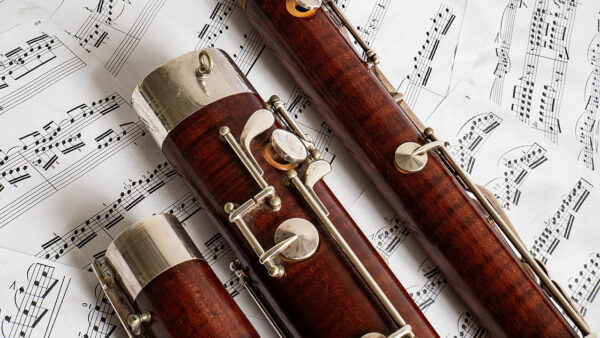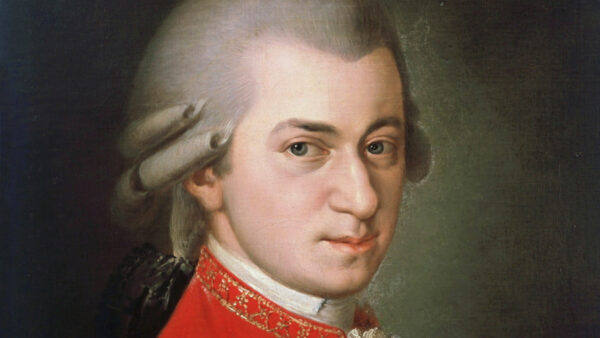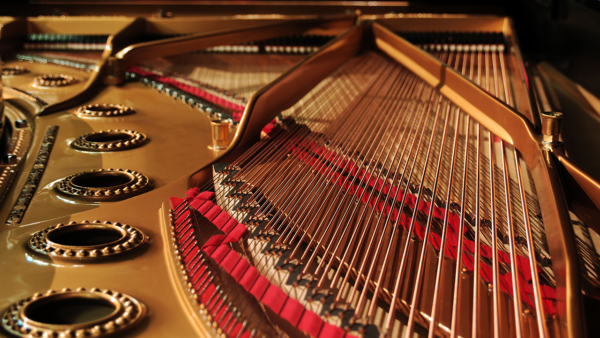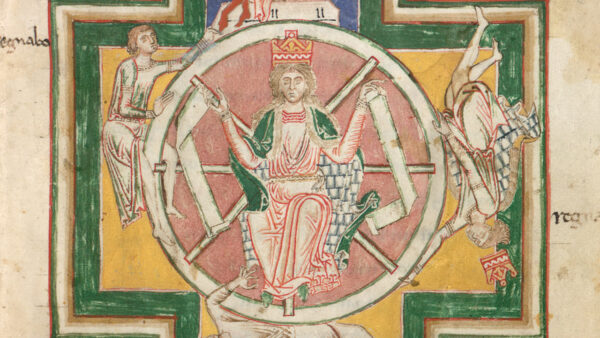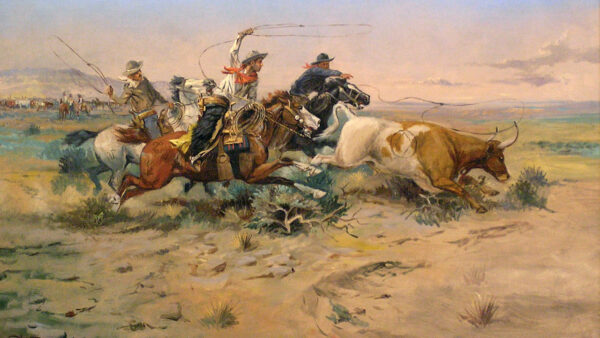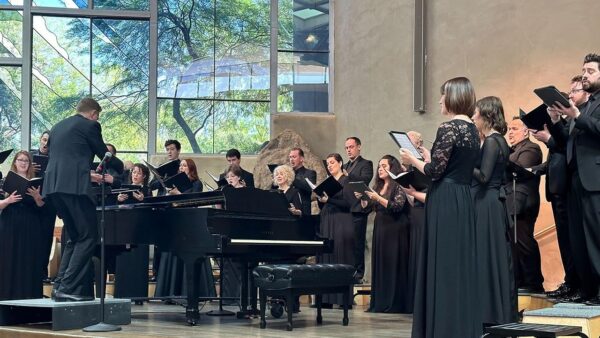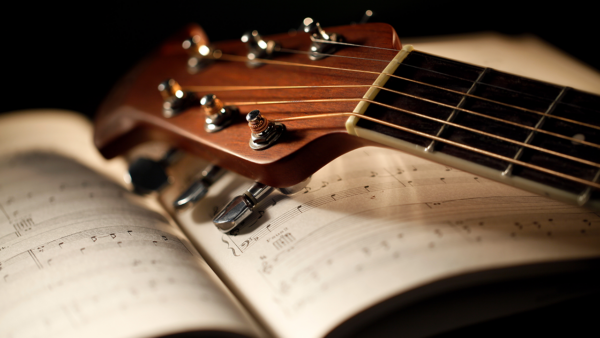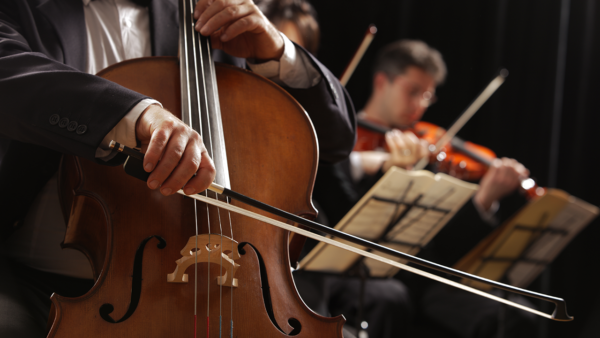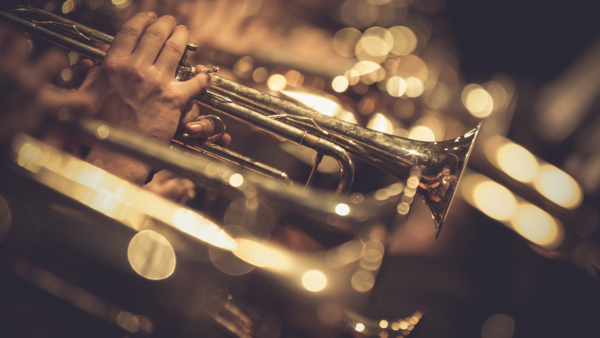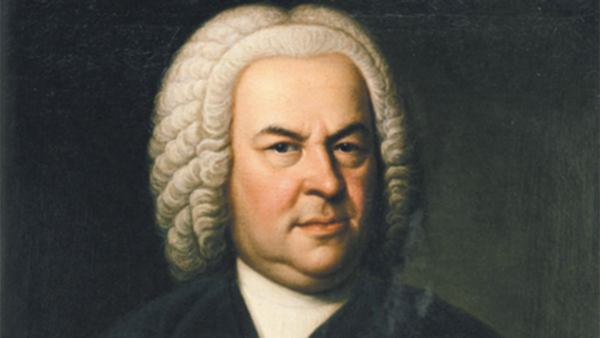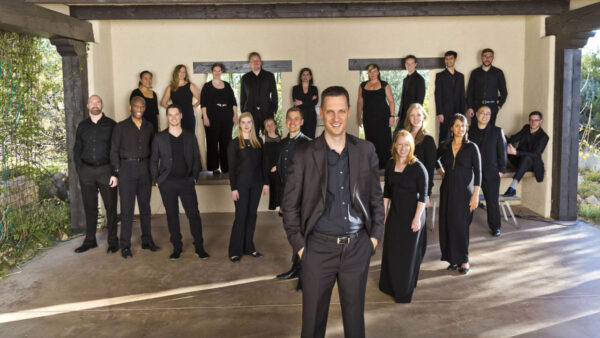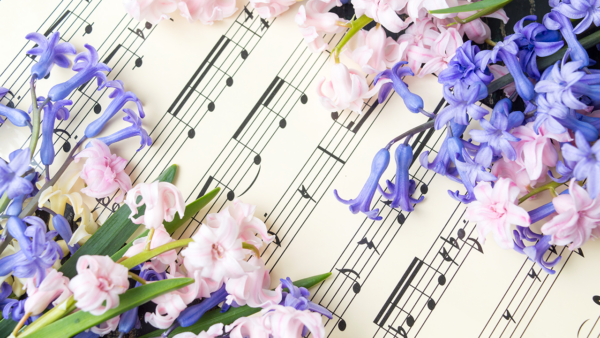Music for Small Forces
Jan. 7
These days, the string quartet as an ensemble is a tried and true form of chamber music, but it’s only within the past three hundred years that it’s emerged as such. It’s thanks to Franz Joseph Haydn – who we often regard as the Father of the String Quartet – that this group of instruments has become as popular as it is.
Haydn practically invented the string quartet as an instrumental ensemble and went on to compose just over 80 quartets over 40 years. His influence as a composer of string quartet music would extend to pupils of his like Mozart and Beethoven, who, between the two of them, composed nearly 40 string quartets.
The String Quartet in G Major comes from Haydn’s Opus 76 set of quartets, a set famous for two other quartets: the “Quinten,” and “Emperor,” quartets. Composed around 1797 as the first of six quartets dedicated to the Erdődy noble family of Hungary, the G Major quartet represents Haydn at his peak as a composer and musical innovator: it draws on older, Baroque style while also being influenced by the newer, Beethoven-like qualities of that time.
We’ll hear a performance of Haydn’s Op. 76 No.1 String Quartet in G Major by the Jerusalem Quartet on an Arizona Encore program that features works for smaller instrumental forces: music for three, four, and five players. Tune in for a trio for two euphoniums and piano, adapted from an art song by Florence Price, that was performed at the 2023 International Tuba Euphonium Association Conference at ASU; and music for piano and winds by Franz Danzi that utilized wind instruments in an innovative way.
Featured in this episode:
Danzi – Quintet in D Minor, Op. 41 – Martin Schuring, oboe; Andrew Campbell, piano; Joshua Gardner, clarinet; Albie Micklich, bassoon; Jeremy Ulm, horn
- I. Larghetto-Allegro
- II. Andante
- III. Allegretto
Price – Night – Remus Webb, euphonium; Barbara Young, piano
- Allegro maestoso
Haydn – String Quartet in G Major, Op. 76, No. 1 – Jerusalem Quartet
- I. Allegro con spirito
- II. Adagio sostenuto
- III. Menuetto (Presto)
- Finale (Allegro ma non troppo)








